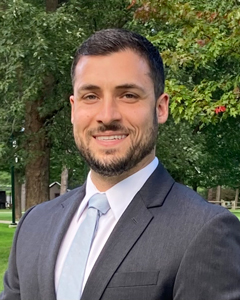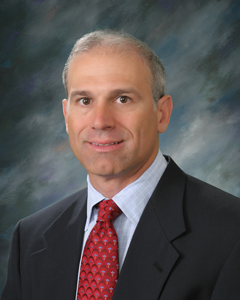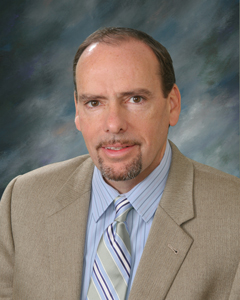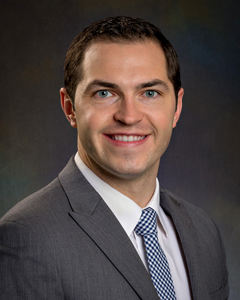Percutaneous Nephrostomy
 Percutaneous nephrostomy is performed to drain urine from a kidney. It is usually performed when a ureter is blocked, and urine cannot leave the kidney as it normally does. A percutaneous nephrostomy allows the kidney to function properly, and protects it from further damage. It also helps to clear up infection.
Percutaneous nephrostomy is performed to drain urine from a kidney. It is usually performed when a ureter is blocked, and urine cannot leave the kidney as it normally does. A percutaneous nephrostomy allows the kidney to function properly, and protects it from further damage. It also helps to clear up infection.
Possible candidates for percutaneous nephrostomy have kidney stones that are blocking the ureter or bladder. Other possible candidates are those with the following:
- Damage to the bladder or ureter
- Blockage in the ureter
- Urethral stricture
- Tumors causing blockage
A percutaneous nephrostomy may also be performed to evaluate kidney or ureter function.
The Percutaneous Nephrostomy Procedure
During percutaneous nephrostomy, which uses X-rays and ultrasound as guidance, the surgeon makes an incision in the patient's back, and inserts a tube directly into the kidney. Contrast dye is injected into the patient so that the drain for urine collection can be precisely positioned. An external catheter is then attached to temporarily allow drainage of urine into a small bag. Once the tube is functioning adequately, the nephrostomy catheter is removed. The bag into which the urine drains is small enough to be hidden under clothing, and should not be noticeable.
Risks of Percutaneous Nephrostomy
Although percutaneous nephrostomy is considered a safe procedure, there are certain risks associated with any operation:
- Bleeding
- Blood clots
- Infection
- Damage to adjacent organs
- Breathing problems
- Loss of kidney function
As with any type of surgery, there is also a risk of adverse reactions to anesthesia, or medications associated with the procedure.
Recovery from Percutaneous Nephrostomy
The patient is hospitalized for a few days following percutaneous nephrostomy. The urine draining from the nephrostomy tube may contain blood, and the catheter is monitored to make sure that the urine drains out of it freely. A patient usually has pain and soreness, which may be relieved by pain medication, in the incision area and the deeper tissues of the kidney The patient is instructed to rest and to avoid sudden jerky movements and strenuous activity for at least 2 weeks, or until the nephrostomy tube is removed.










